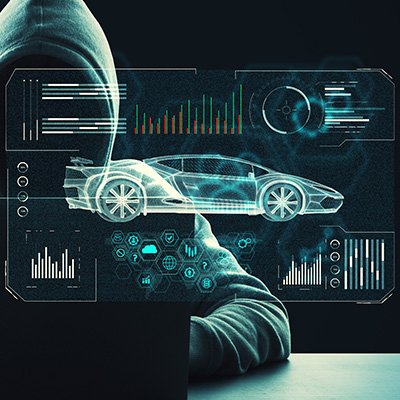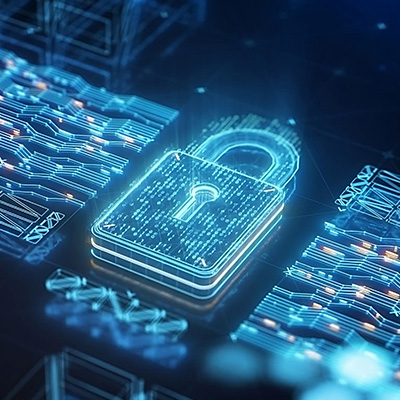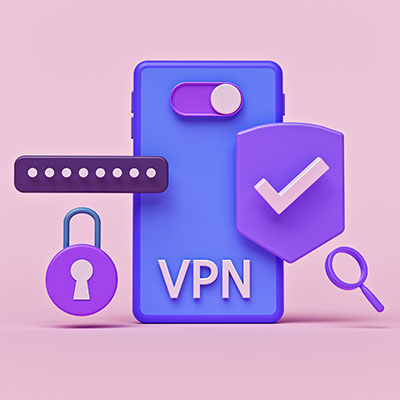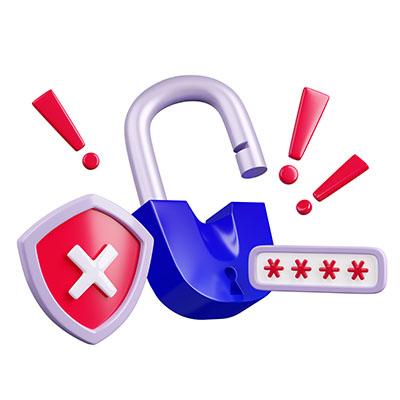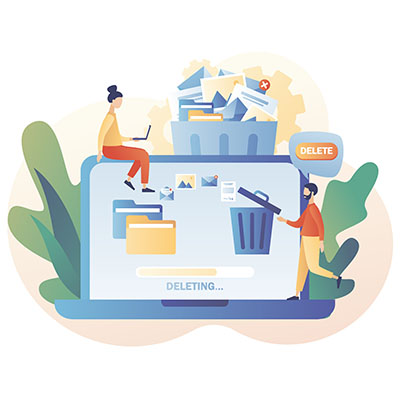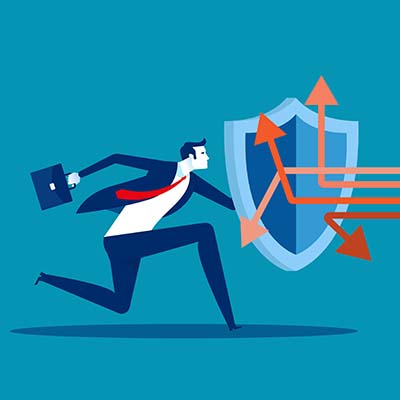The vehicles of today are equipped with countless features that previously did not exist, but this also makes them vulnerable in ways that older cars simply are not. Today, we want to explore what this growing smart car trend means for the security of vehicles.
Let’s talk a little bit about deepfakes. If you aren’t aware of this technology, deepfakes are essentially synthetic media. Typically they come in the form of videos or images that use artificial intelligence (AI) to replace a person’s likeness with another’s. With deepfake technology, people can convince an audience that a person said something they didn’t say. This deliberate digital subterfuge can bring with it a whole lot of problems. This week we will outline a few of them.
Data privacy has never been such an important issue for businesses and individuals alike. In some places, calls for overarching legislation to protect consumers have often been met with significant pushback by lawmakers who are reluctant to put extra regulations on businesses, while others have passed important laws dictating how organizations handle individual data.
A VPN—or virtual private network—is something that we recommend any business implementing any form of remote or hybrid work to have in their cybersecurity arsenal. Let’s explore why this is by examining what a VPN does, and what any business should seek out in the one they use.
Weak passwords are one of the leading causes of cybercrime, identity theft, and data breaches. Sure, it’s easy to say it, but this time we wanted to demonstrate just how easy it is to crack a wimpy password.
We know that security is far from a small investment, but this only serves to highlight how important it can be to your business’ continued success. You might wonder why security is such an important investment if you don’t intend to suffer a data breach, and that’s precisely the point. The cost of not investing in security far outweighs the initial investment.
We frequently discuss the importance of keeping PII—personally identifiable information—secure, but what does this include? What data qualifies as PII? Here, we’re going to lock down on a definition (and you may be surprised by what this definition covers).
We bet you’ve gone through your old files at some point to clean things up a bit by deleting files from your computer. What if we told you that deleting those files doesn’t actually delete them—at least not entirely? Let’s go over how you can securely delete your files for good while you go about replacing hardware or upgrading your technology systems.
For years you’ve heard how technology is becoming a bigger part of the healthcare delivery system and how it can help stabilize costs, provide increased access, and further personalize care delivery. As these innovations have been taking hold it has brought up serious questions about data privacy. Today, we’ll take a look at some of the changes IT has brought to healthcare and what it means for patient data privacy.
Privacy for business means a lot more than protecting the data and personal information of clients. It also extends to just about all data collected by a business, including that of the employees. How can you go about protecting this data without also violating the privacy of your employees themselves?
- 1
- 2

